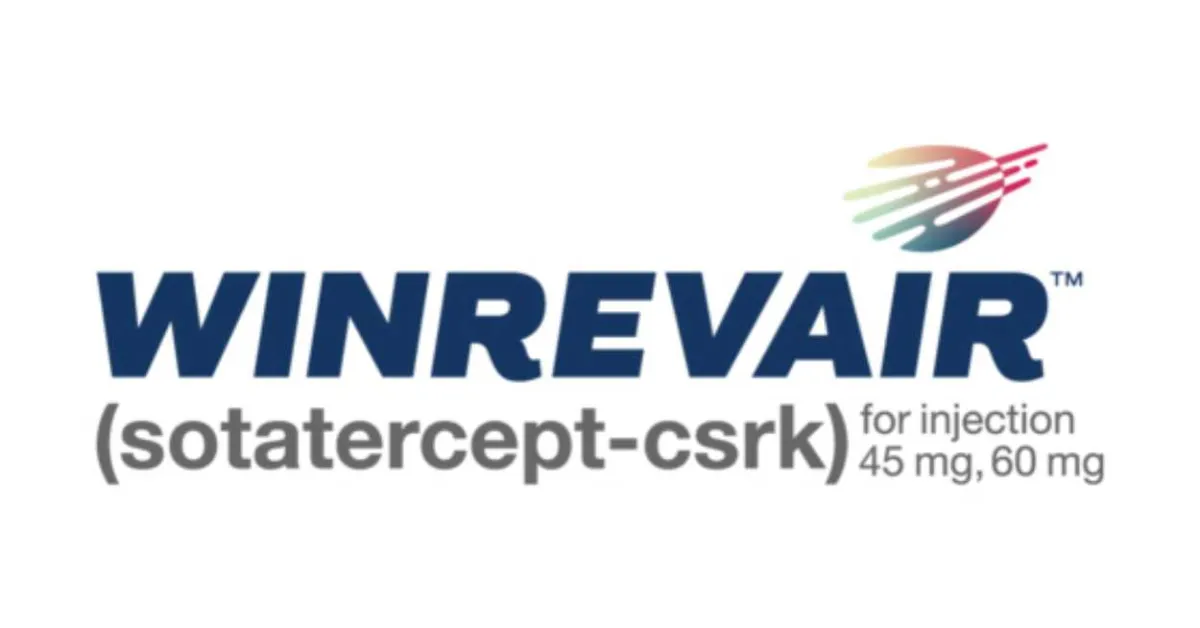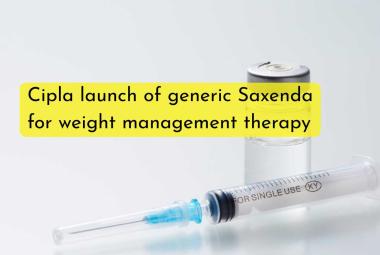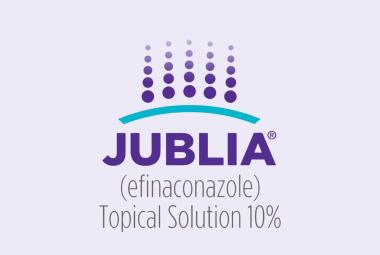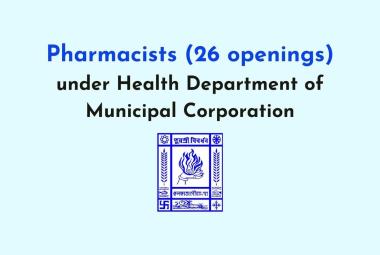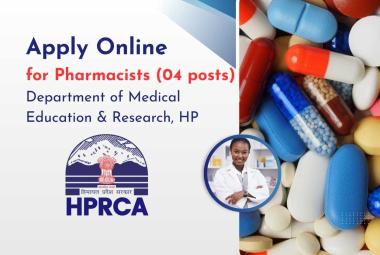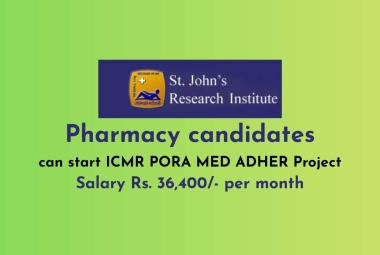Merck has announced that the U.S. Food and Drug Administration (FDA) has accepted and granted priority review for a supplemental Biologics License Application (sBLA) for Winrevair™ (sotatercept-csrk). This application seeks to expand the drug’s label based on highly promising data from the Phase 3 ZENITH trial, which focused on more advanced and life-threatening outcomes in patients with pulmonary arterial hypertension (PAH), WHO Group 1. Winrevair, a first-in-class activin signaling inhibitor, was first approved by the FDA in March 2024 and is currently indicated to improve exercise capacity, functional class, and delay disease progression in PAH patients already on standard therapies.
The ZENITH trial provided compelling new evidence that Winrevair goes well beyond symptom relief. It demonstrated a 76% reduction in the risk of clinical worsening or death—a composite endpoint that included death, lung transplant, hospitalization due to PAH, or need for additional PAH therapy—compared to placebo. Due to the strength of these results, the trial was stopped early for efficacy upon recommendation by an independent data monitoring committee. These findings represent a significant advancement in the treatment landscape for PAH, which is a progressive and often fatal disease affecting the arteries in the lungs and placing a high burden on the heart.
ZENITH was unique in that it was the first Phase 3 clinical trial in PAH to focus primarily on morbidity and mortality, rather than just symptom management or functional improvement. The trial enrolled over 320 adult patients with PAH already receiving background therapy, including endothelin receptor antagonists, phosphodiesterase type 5 inhibitors, and/or prostacyclin pathway agents. Participants continued their background therapy and were randomly assigned to receive either Winrevair or placebo. The study's early termination due to clear benefit underscores the urgency and strength of the findings.
Merck’s sBLA submission is being reviewed under the FDA’s Priority Review program, which shortens the standard 10-month review timeline to 6 months, reflecting the agency’s belief that the drug could offer a significant improvement over current therapies. A final decision is expected by the PDUFA (Prescription Drug User Fee Act) date of October 25, 2025.
Dr. Joerg Koglin, Senior Vice President of Global Clinical Development at Merck Research Laboratories, expressed optimism about the update, stating that many PAH patients remain at risk despite being on established treatment regimens. He noted that the ZENITH data represent a "meaningful step forward" in addressing these unmet medical needs. If approved, the updated label would reflect Winrevair’s broader clinical impact, including its potential to significantly reduce the likelihood of hospitalization or death in high-risk patients.
In terms of safety, Winrevair continued to show a manageable profile in the ZENITH trial. The most common side effects included increased hemoglobin and decreased platelet counts, consistent with previous studies like the STELLAR trial. No new safety signals were observed, and patients completing ZENITH were offered continued treatment in the SOTERIA long-term extension study.
Globally, Winrevair is now approved in more than 45 countries, including the EU, Canada, and Japan, based on the strength of earlier trials. Merck continues to invest in expanding its clinical development program for sotatercept to explore its full potential in pulmonary hypertension and other cardiovascular diseases.
If this updated label is approved, it could significantly influence clinical practice by solidifying Winrevair’s role not just as a functional therapy, but also as a life-saving intervention. It would also mark a turning point in how PAH is managed—shifting focus toward outcomes like survival and long-term stability, and away from symptom control alone.
This development is a beacon of hope for thousands of PAH patients worldwide, who continue to face a debilitating and life-shortening disease with few effective long-term solutions.


